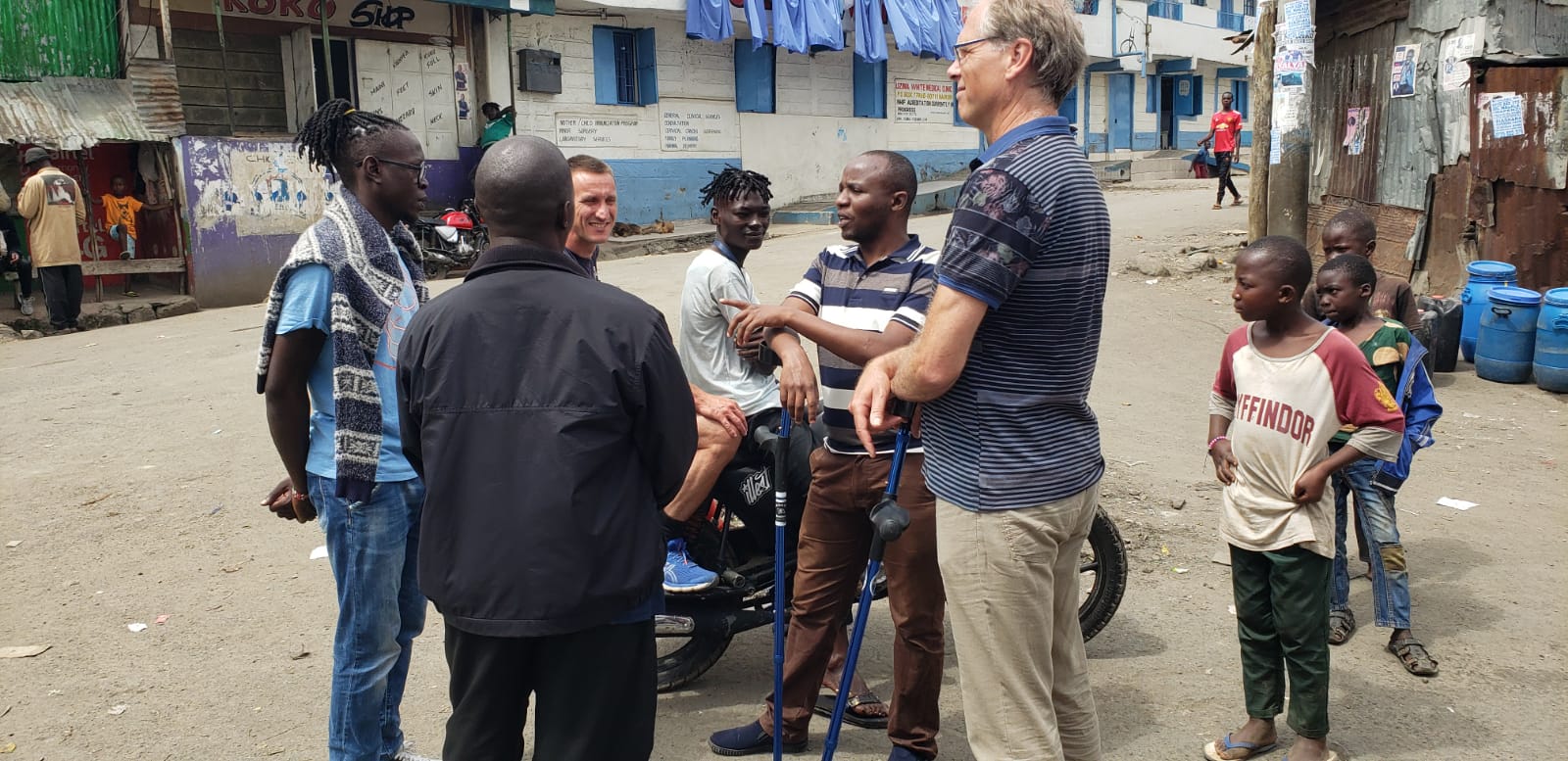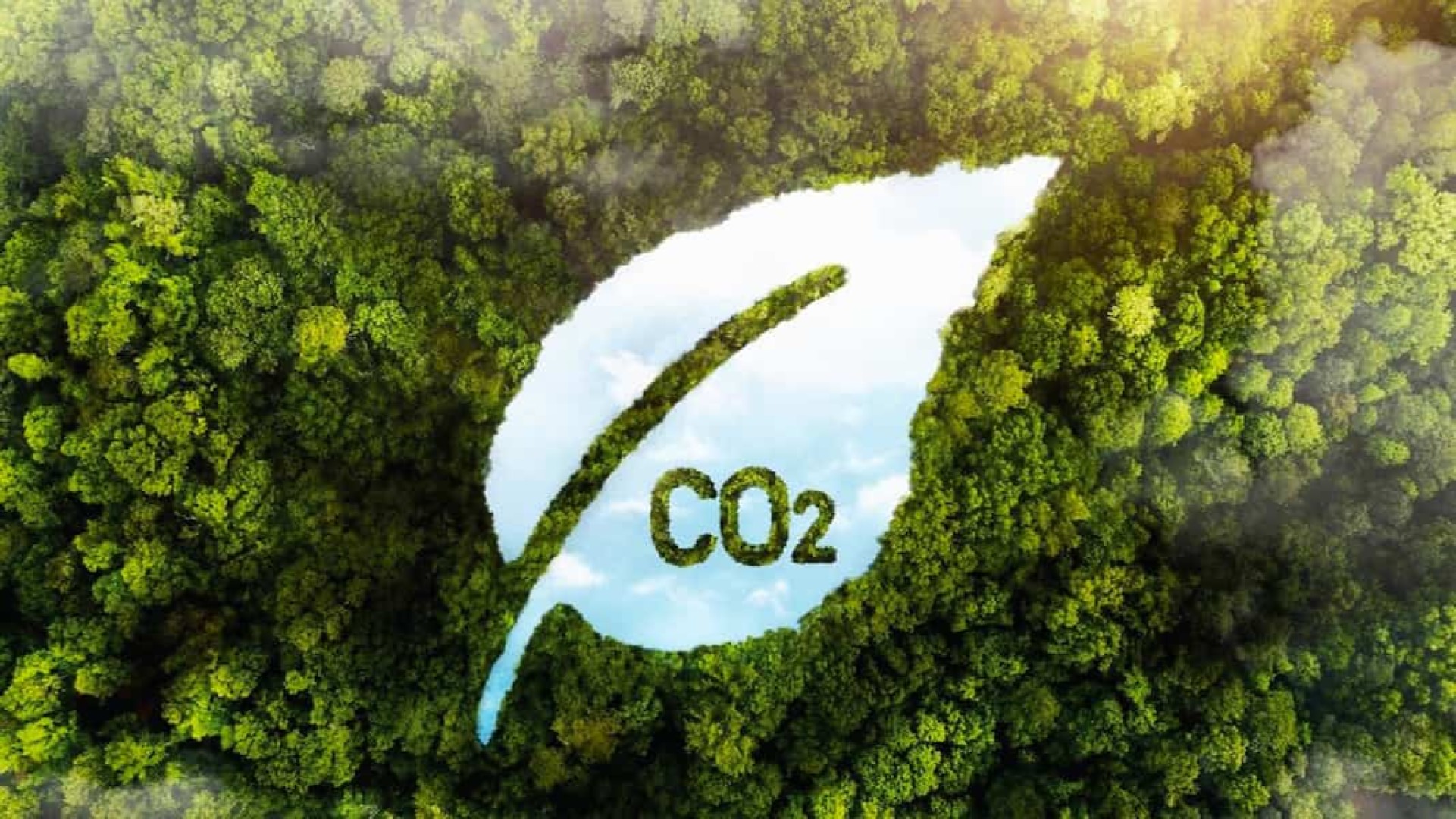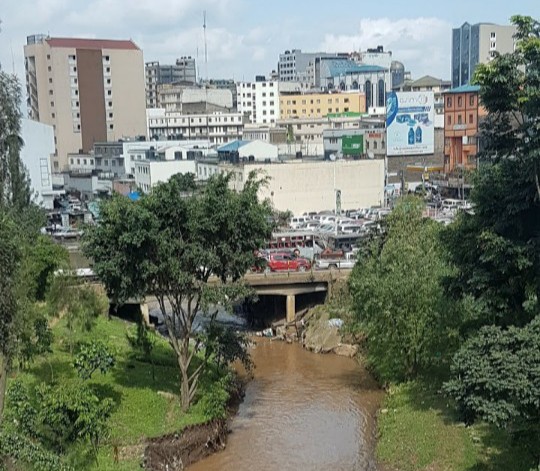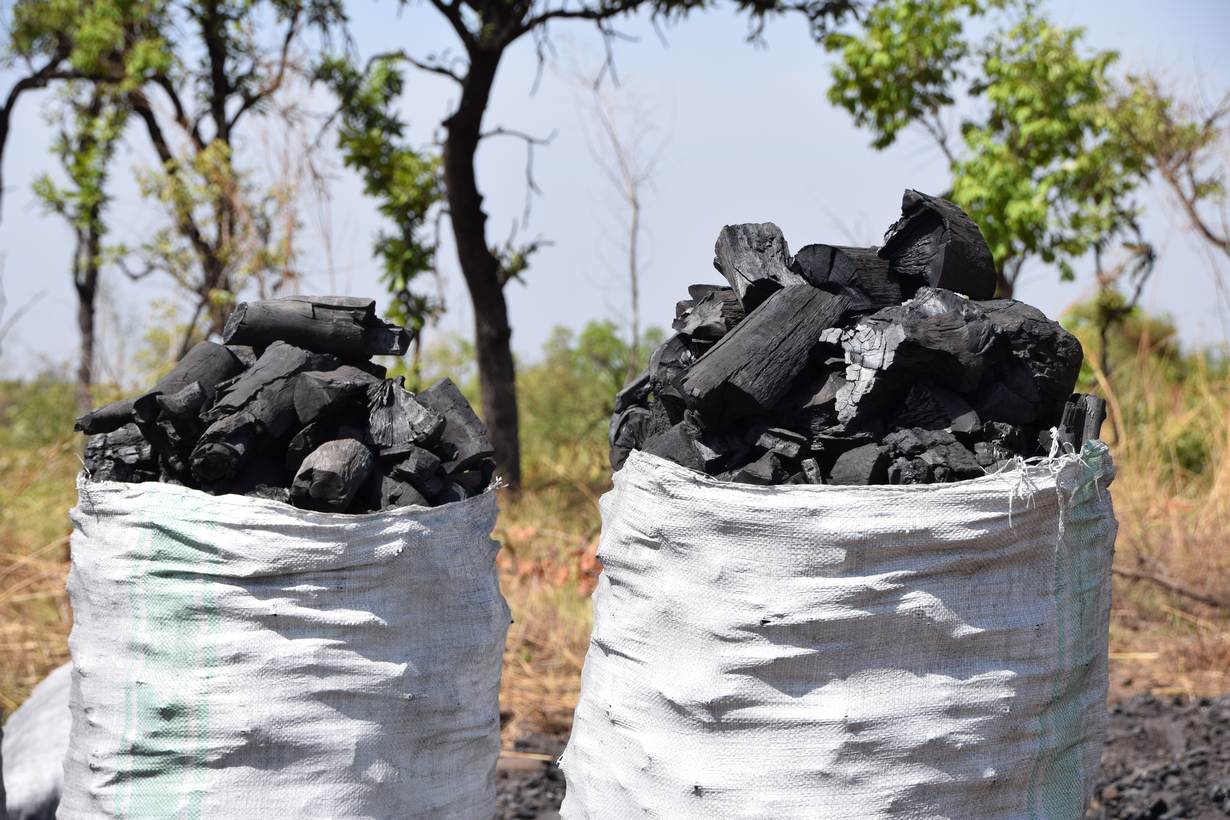project details
Energy Transitions in Informal Settlements in Kenya
Research Area
Project Status
Ongoing
Start Date
2023
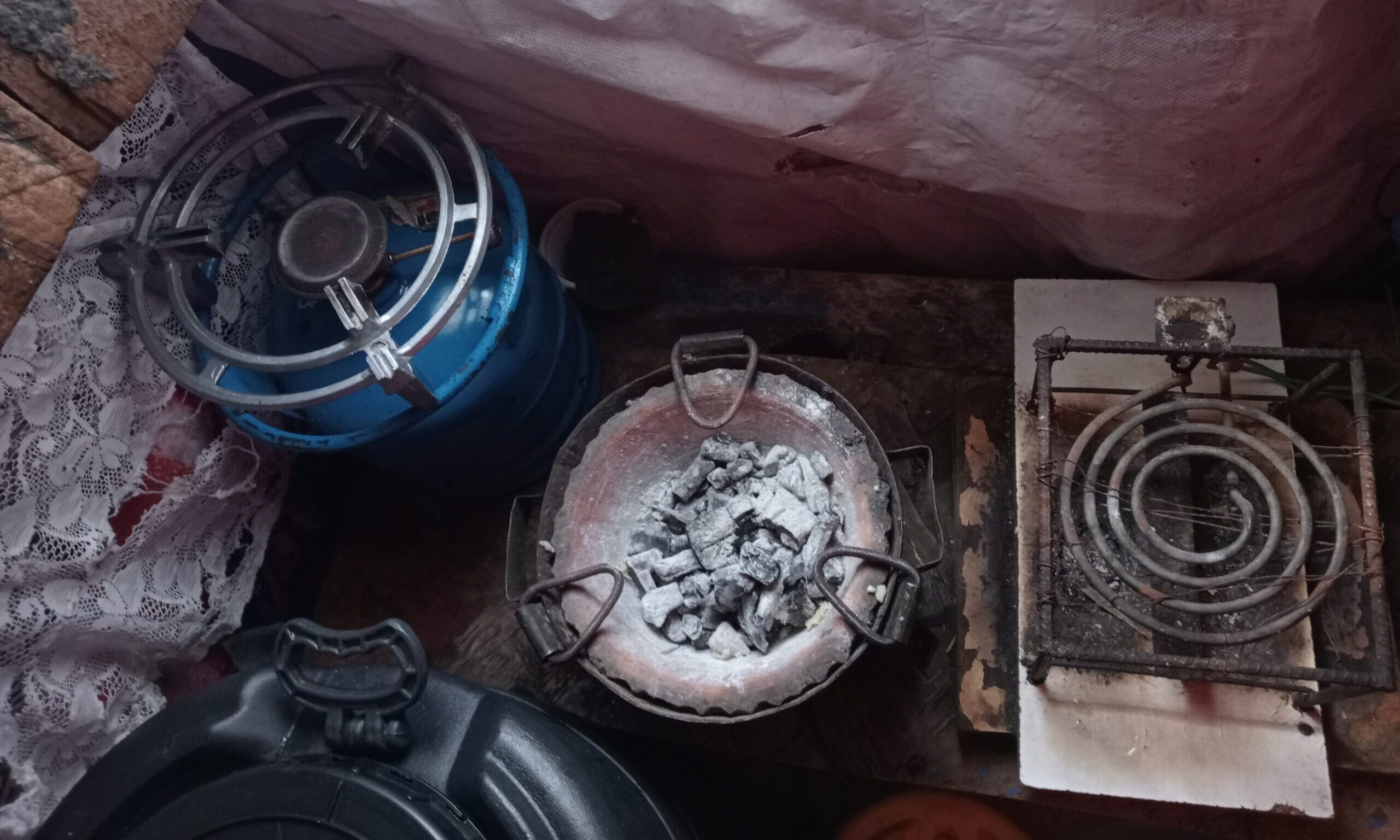
Project Overview
Phase one
Energy-enabled resilience in urban informal settlements in Kenya: A Political Economy Analysis
Overview
This project aimed to explore pathways for delivering inclusive, energy-enabled resilience in informal settlements.
The study sought to understand current energy access in these settlements, as well as the patterns of energy use and related practices and their implications for resilience.
The study focused on two major settlements in Nairobi, Kenya: Mathare and Mukuru. Both settlements are characterised by hundreds of structures, densely packed and laid out without adhering to spatial layout guidelines.
They have inadequate sanitation and water facilities, poor solid-waste management, few or no paved roads, and poor or unsafe access to the national electricity grid. The findings are intended to provide evidence to inform policy processes at both the national and county levels, particularly in energy planning.
The analysis focused on understanding the existing situation by examining how energy in informal settlements was currently addressed in planning processes and the governance structures that either supported or limited energy resilience in these neighbourhoods.
Outputs
A stakeholder workshop was organised to:
- Validate the findings of the project, and to further explore the lived experiences of informal settlement dwellers in relation to energy access
- Explore the way forward towards collaborative energy planning for informal settlements in Nairobi.
- Explore strategies that could guide future redevelopment initiatives around energy access, with a focus on the ongoing Mathare Special Planning Area (SPA) declaration process through the Mathare Special Planning Area Research Collective (MSPARC) initiative.
The workshop was attended by a diverse range of stakeholders, including community leaders and residents of informal settlements, urban development experts, academic researchers focusing on energy access and urban resilience, representatives from the sector utility, policy makers, energy vendors and local service providers, industry professionals, NGOs, CBOs and organisations engaged in energy initiatives.
Phase two
From Margins to Mainstream: Integrating Informal Settlements into Kenya’s Energy System Models
Overview
This project builds upon the outcomes of the political economy analysis above. The aim of this project is to investigate how informal settlements could be considered in the development of energy planning, including in energy system models. In particular, the project goal is to develop an understanding of energy demand in informal settlements, which can also feed into energy modelling, based on the data available from previous projects led by Nuvoni Centre for Innovation Research. The implementation would be based on the case study of the Mathare settlement, used as a proxy for Nairobi’s informal settlements, and developed to in a way to ensure that it could eventually be integrated in energy system models, notably the county-to-national modelling framework under development for the second phase of the UKPACT project.
The study will:
- Facilitate an understanding of energy access and related issues in their current form in informal settlements
- Recategorise the data previously collected to make it model-informative, closing the gap between qualitative and quantitative data
- Develop a household energy demand function that can be used to quantify energy consumption and track the evolution of household energy demand in the informal settlements in Kenya
- Unlock the possibility of exploring different development paths for the urban poor to access reliable and affordable energy through energy models that analyse, visualise, communicate these pathways to inform inclusive decision-making
- Strengthen capacity, share knowledge, and create equitable and enduring partnerships
This work has important implications for energy planning in informal settlements, particularly the need to make their energy needs and practices visible so that they are not only accounted for but also to provide appropriate support for local development and resilience. Thus, this effort will be carried out with the view of providing evidence for policy processes such as national and county-level energy planning.
Methodology
The project leverages the structural modelling approach, which captures causal pathways of energy demand. The model estimates and projections will then form the inputs in OSeMOSYS thus linking the household energy demand in the informal settlement to the national and / or county planning process.
Our study is broadly scoped, covering the array of energy technologies and fuels spanning from biomass to modern energy services. Further, our study covers broader energy uses including for basic human needs such as lighting, cooking at the household level, for productive uses such as income-generating activities, and energy for education, health and other welfare-generating activities.
Expected Outcomes
The research outcomes will be as follows:
- Development of the household energy demand function that can be used to estimate and track the evolution of energy demand in informal settlements.
- Development of an approach for the inclusion of informal settlements within energy system models.
- Improved integration of informal settlement characteristics into energy system models, thereby enhancing GESI considerations and providing broader learning for modelling practice.
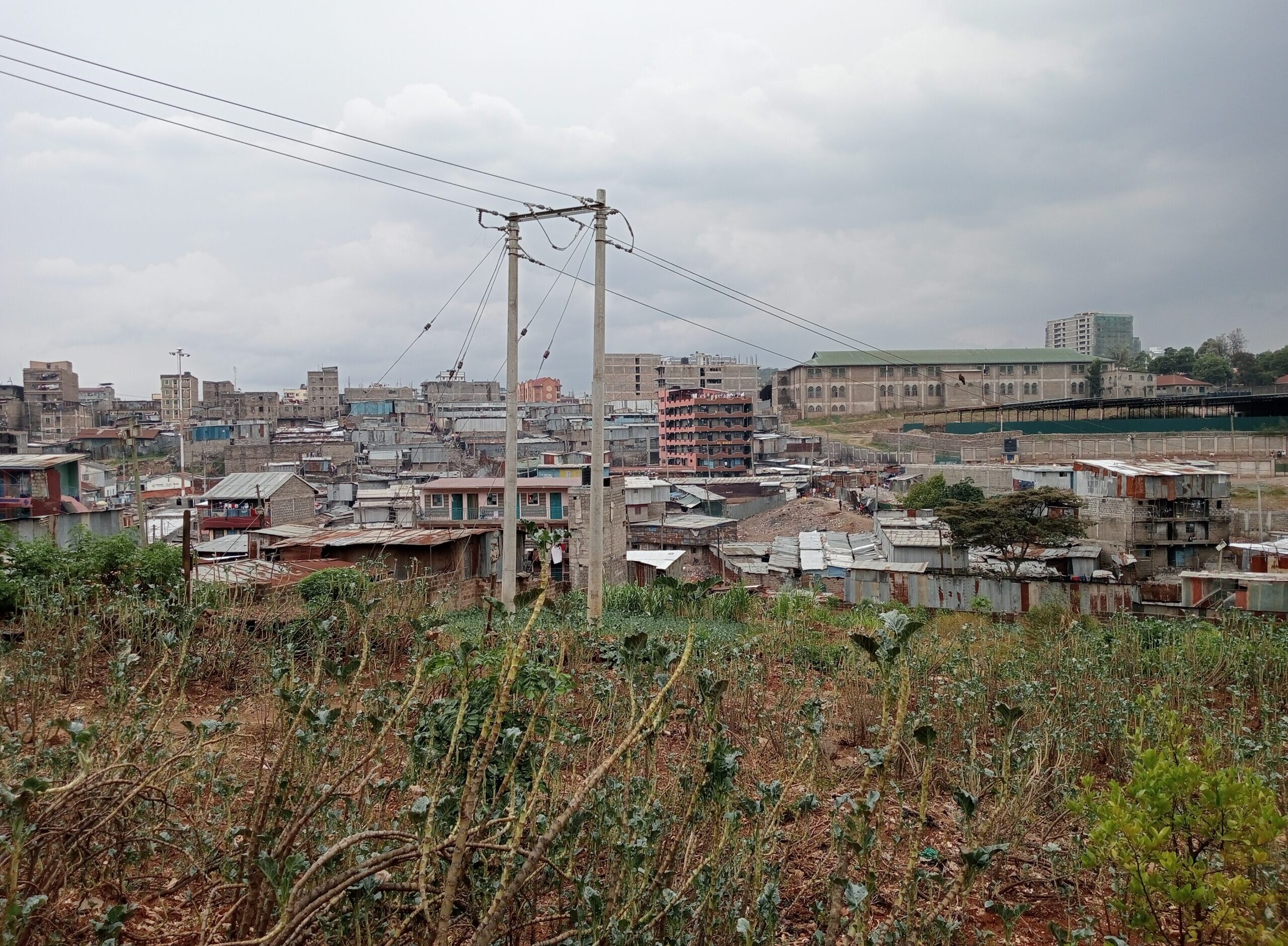
Phase three
Intersectional Analysis of Gender Equality and Social Inclusion (GESI) in Kenya’s Energy Sector: A focus on Informal Settlement.
Overview
The primary objective of this project is to conduct an intersectional analysis of GESI in Kenya’s energy sector, with a specific focus on informal settlements. The project is designed to generate insights on how socio-economic factors and existing social and institutional structures interact to determine individuals’ experiences with energy. Gender Equality and Social Inclusion (GESI) are essential for ensuring equitable access to energy resources and services. Energy impacts people differently based on factors like income, gender, ethnicity, disability, and geographic location among others. For instance, women often face greater challenges due to their roles in households and communities, leading them to bear disproportionate adverse effects. GESI helps address these inequalities and promote fairness. The informal settlements are particularly relevant as they account for over 60% of Kenya’s urban population.
Project Scope
The tasks to be carried out under this project include:
- A rapid review of the literature on GESI that highlights the main themes, findings, and research gaps.
- Analysis of existing data on informal settlements with a focus on GESI.
- Developing a report that summarizes key findings from the literature review and data analysis and highlights important insights and recommendations.
- Stakeholder engagement to validate the findings and develop a policy agenda for mainstreaming GESI more effectively.
- Develop a research and policy agenda for effectively mainstreaming GESI in the Kenyan energy sector.
Expected Outcomes
The research outcomes will be:
- Report on the rapid literature review
- Report with the results of the data analysis, key insights, and recommendations.
Partners
UCL Institute for Sustainable Resources was the main partner in these two projects.
The project was funded by the Climate Compatible Growth (CCG) programme, an action-oriented research programme funded by the UK’s Foreign, Commonwealth and Development Office (FCDO) to support investment in sustainable energy and transport systems to meet development priorities in the Global South. CCG is aimed at generating robust and effective evidence, tools and frameworks on how countries in the Global South can best respond to the low-carbon transition, support growth aspirations and better meet the SDGs.
These projects are bridging expertise and insights from WS5a’s projects on political economy and WS3’s projects on System Design.
See More Projects
Physical Address
No. MK088, Ushindi West Avenue,
Mukuyu Rd (Mukuyu West Wing), Thome 1
Nairobi, Kenya
Organization
Subscribe for newsletter & get news, events and publications updates
Contact Us
Office Tel: (+254) 20 8009928 |
Mobile: (+254) 706 324 467
© 2026 Nuvoni Research

